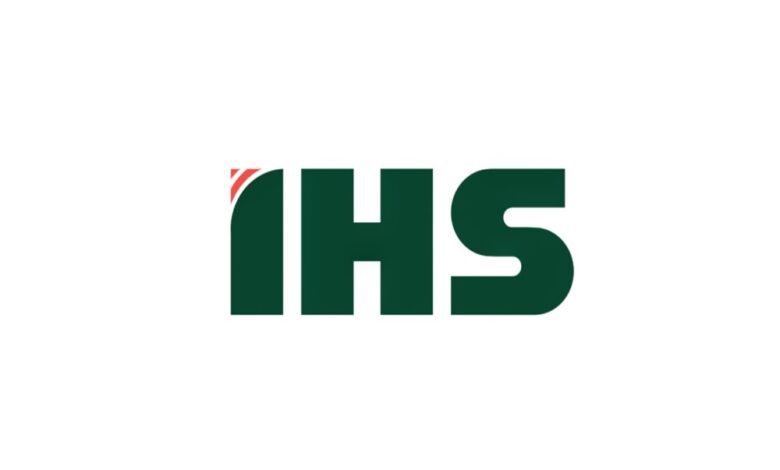…who does not know that domestic prices have risen since September 2019 only because we shut the borders, pastoralists and farmers in the nation’s breadbasket are at daggers drawn, and that the flooding in parts of the country hurt farm output? In other words, rising domestic prices have absolutely nothing to do with the monetisation by the Central Bank of Nigeria of the Federal Government’s debt.
That COVID-19 has dragged most economies into unfamiliar territory is no longer news. The restrictions on civil liberties that were required to curb the spread of the virus have had precedents only during wars. And in nearly every case, the shrinkage in output experienced by most economies has been without precedent. Not surprisingly, governments have responded with measures that push the boundaries of economic orthodoxy. Yet, in many ways, the pandemic only exacerbated existing policy challenges. Globalisation, the digitisation of processes, and aging populations in the West had already laid down strong tests to received opinions.
A richer world was seeing less of the value produced by its main economies end up in the pockets of workers. New forms of inequality have thus emerged, as has the sheer width of the distance between the haves and have-nots. Is the new precariat less harmful to society’s cohesion than the old proletariat? Trade union movements helped organise the latter, indeed, threatening the overthrow of the capitalist state in favour of one organised around workers’ needs. Which, in most cases was enough to persuade rich economies to redistribute wealth in a bid to mitigate this threat. Unable any longer to organise in its own interests ― not sure which trend is to blame for this, globalisation or the invasion of the workplace by algorithms ― have society’s vulnerable, thus, become more receptive to fringe ideas?
Also Read: Returning To Our Pre-Pandemic Growth Trend
This question will remain moot for a while, yet. As will the unease about low prices in developed economies. Actually, quite a few think them connected. With much of the new wealth created by society apparently ending up appropriated by the owners of capital, the levels of consumption that are required to drive up domestic prices are no longer reachable. And so, long before COVID-19 intruded so rudely on the scene, the biggest assault on economic orthodoxy ― negative interest rates ― was well underway. Drop central banks’ benchmark interest rates below zero, and you remove the incentive, especially for banks, to “hoard” money with their monetary authorities. By lending to businesses, they would earn a positive return on the risk assets they create, while the brisker economic activity that results should lend prices upward momentum.
…over the last four years, we have seen domestic public policy launch rampant assaults on the bastions of accepted economic opinion. Governments at the national and regional levels have borrowed to finance consumption.
The jury is still out on the correct interpretation of these trends, and the best methods for their mitigation. In Nigeria, however, the movement against economic orthodoxy has had its uses. First, it has been helpful in reinforcing the notion that the International Monetary Fund (IMF), World Bank, and their likes ― purveyors of economic orthodoxy, if ever there were such ― may have been wrong all along on the correct medicines for our local economic ailments. Maybe not even wrong. Possibly more part of an organised plot to keep the biggest black economy down.
And so, over the last four years, we have seen domestic public policy launch rampant assaults on the bastions of accepted economic opinion. Governments at the national and regional levels have borrowed to finance consumption. Because the old argument that borrowing makes sense only if it results in a better ability to pay is an IMF and World Bank impost conceived to hold our economy down. Indeed, we have borrowed to service previous borrowings. Because that is what a people liberated from neo-imperialist and neo-liberal thinking do.
Also Read: Africa’s Recovery From Covid-19 Will be Slow
The Central Bank has lent the Federal Government money hand over fist. Because the conversations about how Paul Volcker broke the back of the U.S.’s inflation loop so many years ago is but part of the dark lore with which economists from the West frighten their peers in developing countries, forcing the latter to tow their preferred lines.
And the phenomenon described by those economists as financial repression? How are our low interest rates any worse than the negative rates the West is constantly toying with these days? Are we not just as bound by prevailing economic conditions to provide unorthodox support for a return to domestic economic growth?
Of course, the literature argues that when the central bank funds the government the way ours has done of late, inflation will rise. But who does not know that domestic prices have risen since September 2019 only because we shut the borders, pastoralists, and farmers in the nation’s breadbasket are at daggers drawn and that the flooding in parts of the country hurt farm output? In other words, rising domestic prices have absolutely nothing to do with the monetisation by the Central Bank of Nigeria of the Federal Government’s debt.
And the phenomenon described by those economists as financial repression? How are our low-interest rates any worse than the negative rates the West is constantly toying with these days? Are we not just as bound by prevailing economic conditions to provide unorthodox support for a return to domestic economic growth? And please do not point out low inflation rates in the West as justifying their interest rate structures in a way that domestic prices here do not support our current monetary policy trajectory.
For we already explained why prices are rising here.
By Ifeanyi Uddin, a strategy expert in the banking industry.























